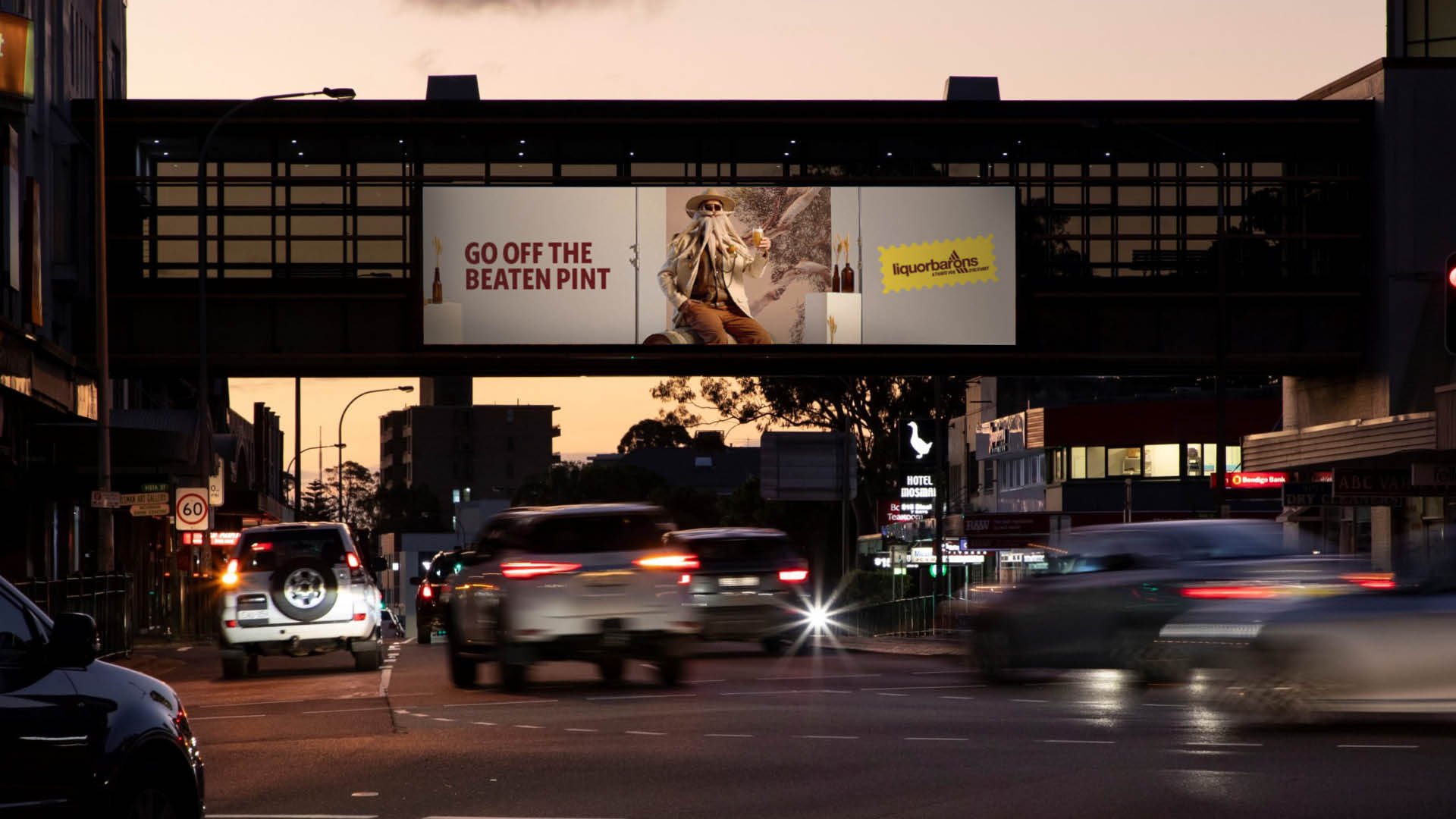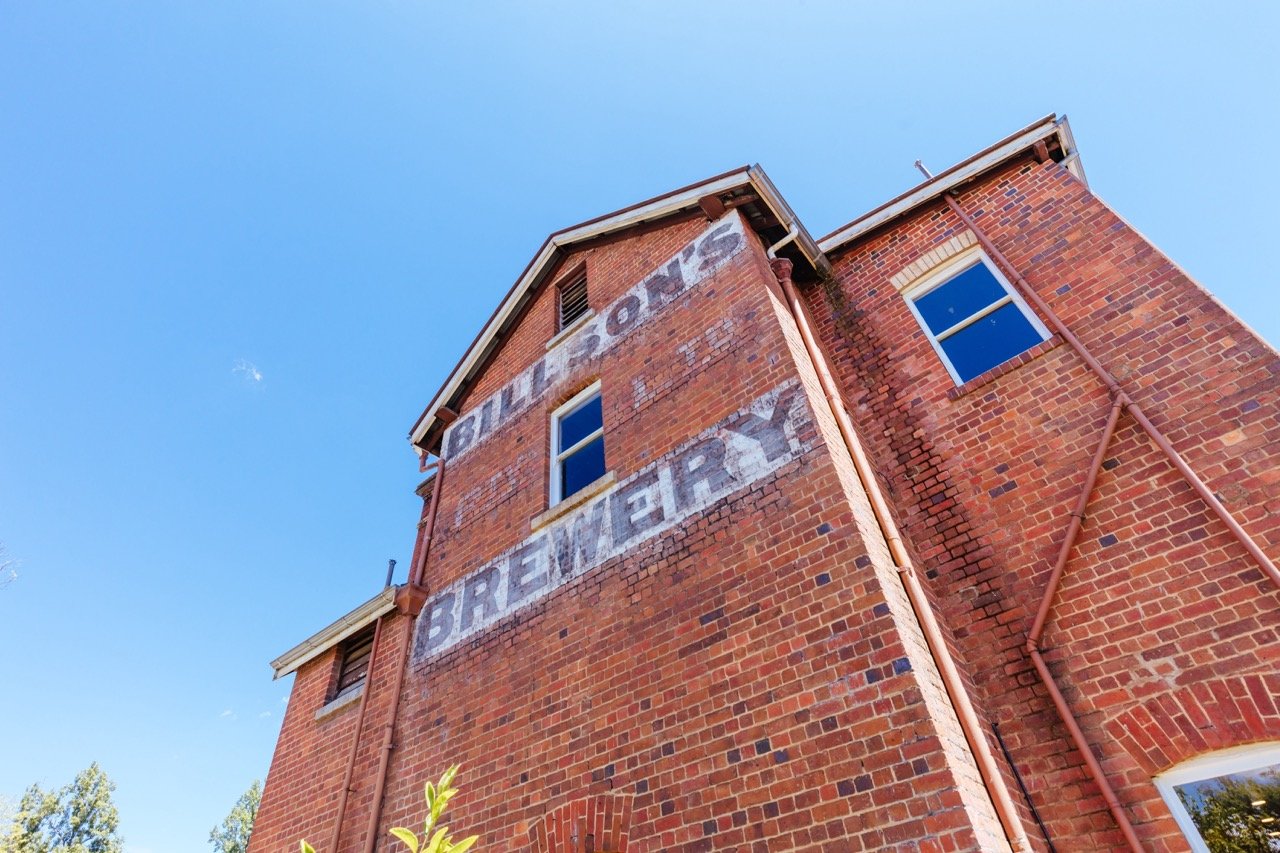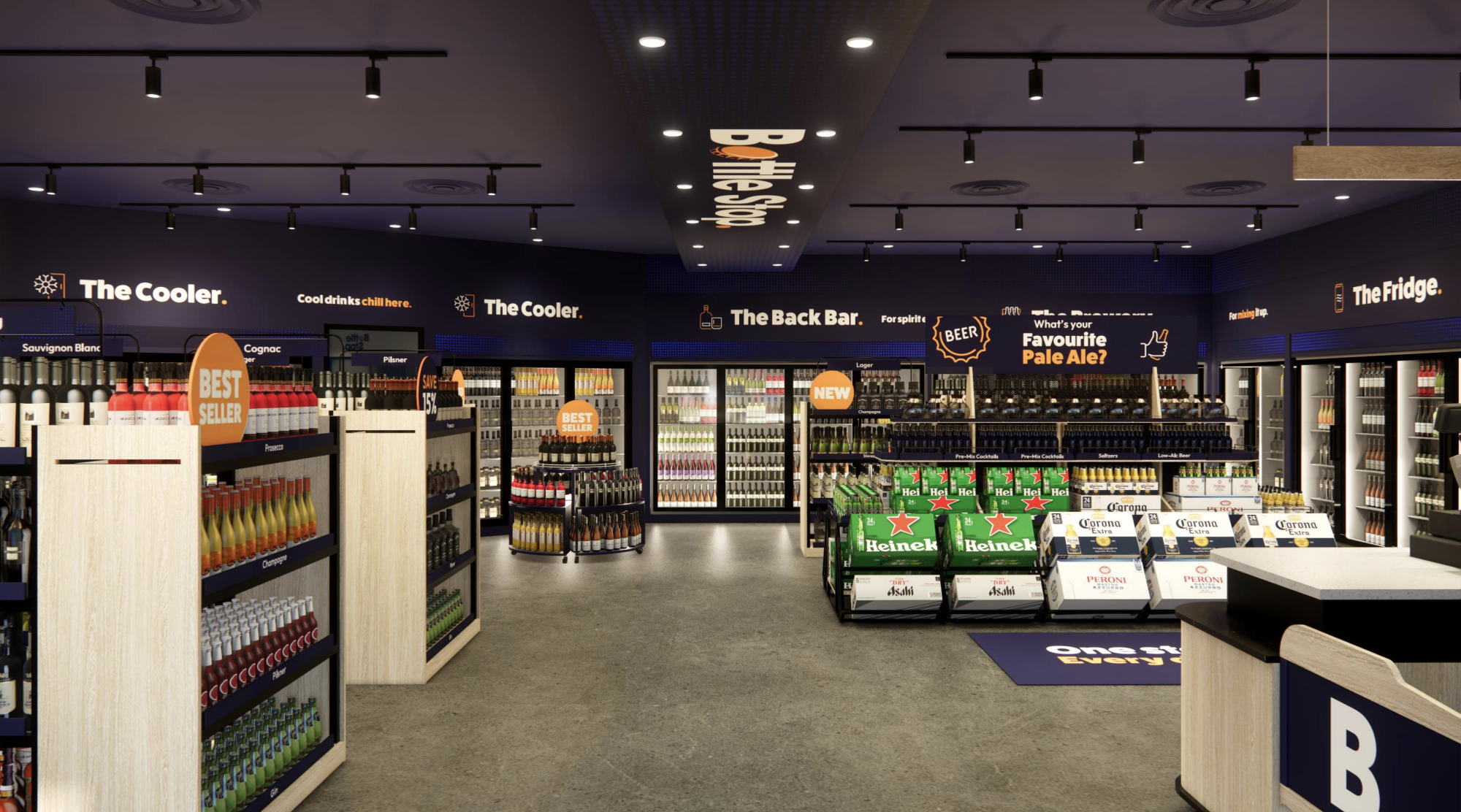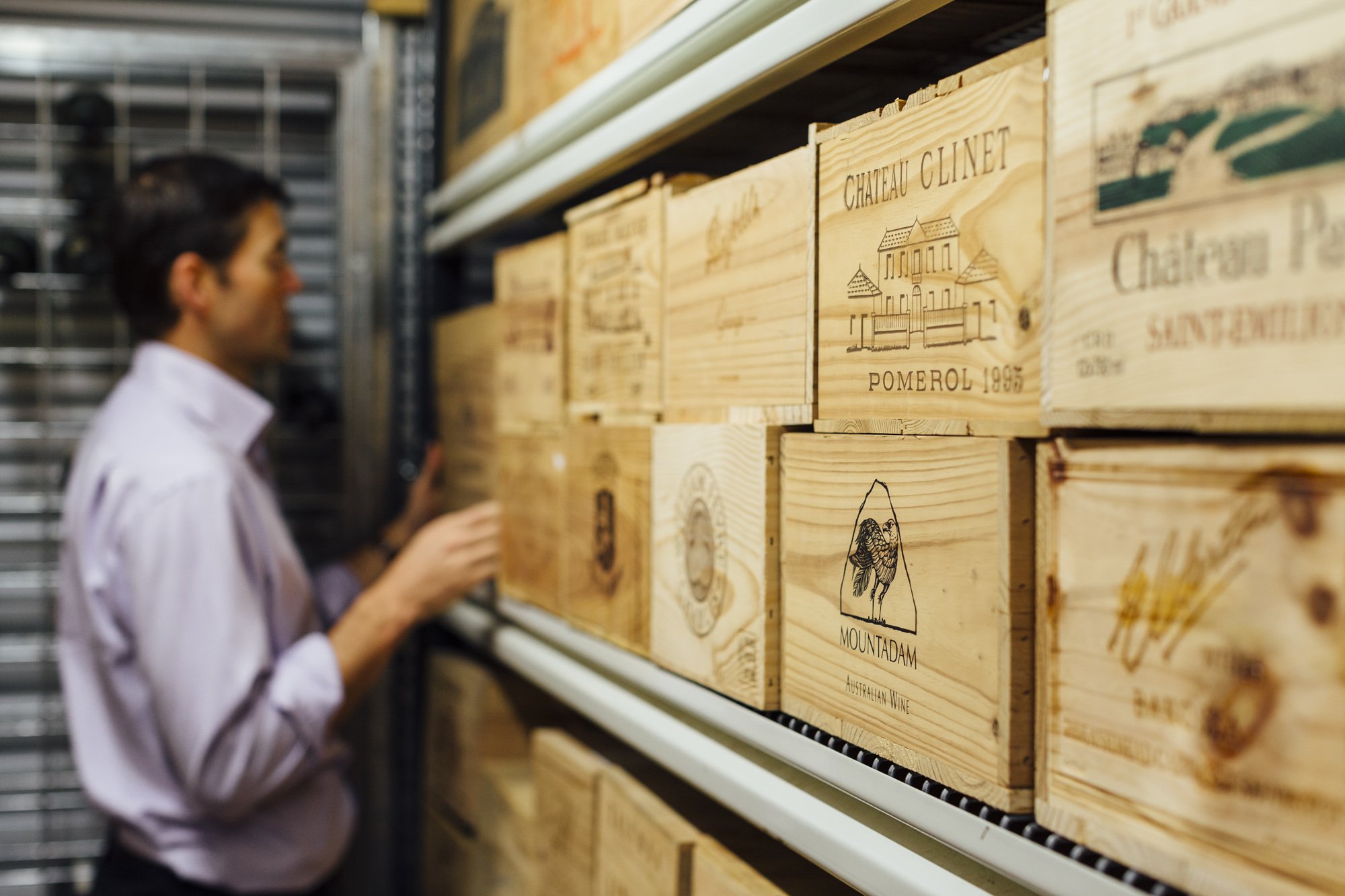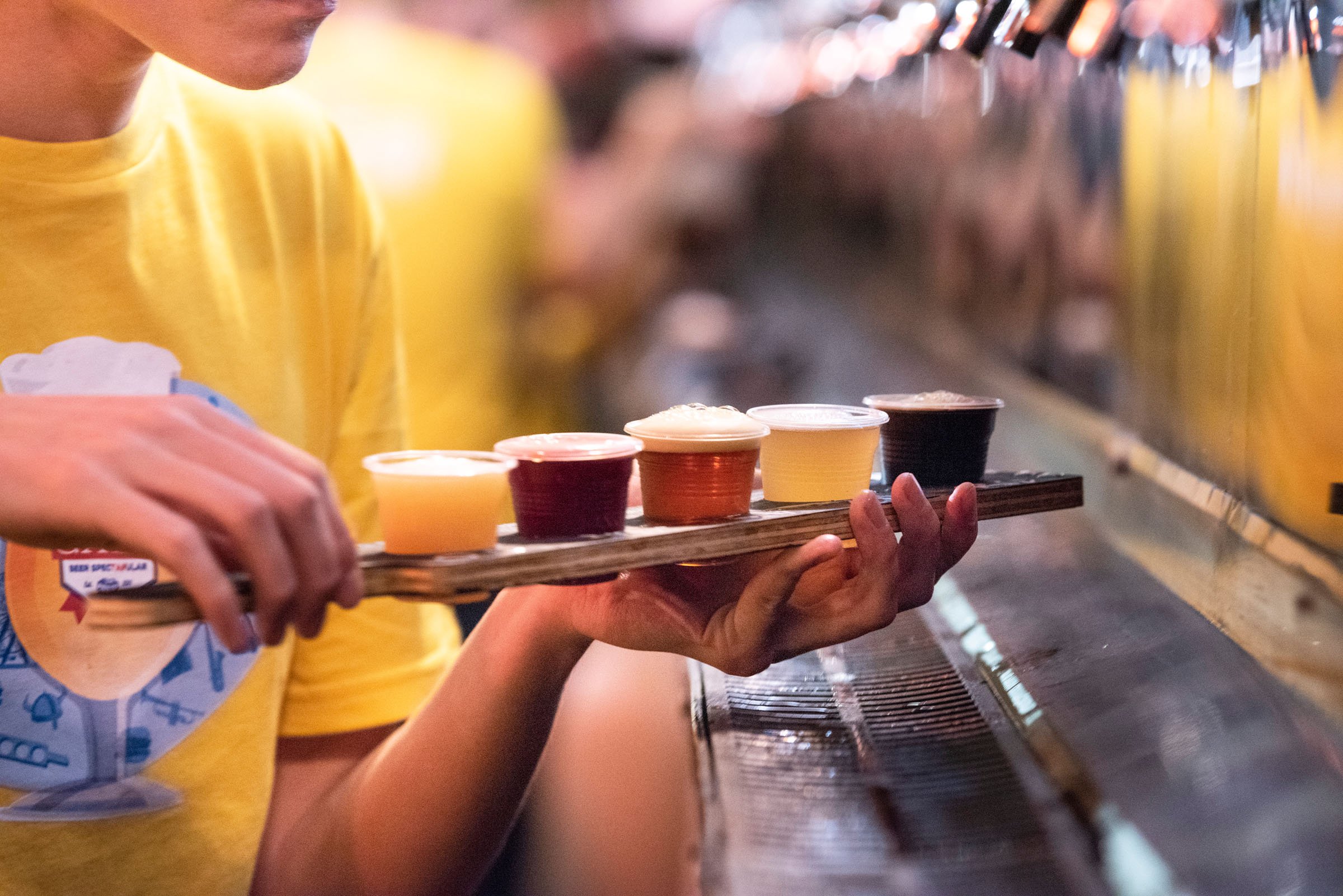Treasurer Jim Chalmers' third Federal Budget, published yesterday, has been met with vocal frustration by Australia’s liquor industry who see it as overly "optimistic" and "a missed opportunity."
Over the next financial year, the budget is expected to drain $8 billion from Australia’s liquor industry, including $2.63 billion from beer and $3.34 billion from spirits.
These figures are expected to grow to $3.17 billion and $4.17 billion by the 2027-2028 financial year.
“It’s difficult to understand how Treasury has arrived at these growth predictions for our industry while we are still completely hamstrung by the world’s third highest spirits tax,” said Greg Holland, Chief Executive of Spirits & Cocktails Australia.
“We wish we shared the Government’s optimism, but its growth forecast is simply not achievable under these conditions… We are already paying $101.85 per litre, with six-monthly increases coming yet again in August and February.”
CEO at Australian Grape & Wine Lee McLean shared similar sentiments, stating that current difficult market conditions being felt across the entire sector are “not the result of normal market fluctuations, but stem from factors outside the industry’s control,” such as the loss of Australia’s largest export market of China in 2020.
The requests put forth in Australian Grape & Wine’s pre-budget submission included a $30 million sustainability package, $36 million for export assistance, and $20 million for domestic wine tourism, all of which yesterday’s budget failed to address.
“We made it crystal clear – many in regional wine communities across Australia are on their knees and need urgent government action to stop a bad situation from becoming a catastrophe,” said McLean.
“However, instead of support, all we got was a new tax in the form of the deeply flawed Biosecurity Protection Levy.
“While China’s decision to lift import duties is positive, it will simply not resolve the issues facing growers and winemakers."
The latest Federal Budget, which includes direct cost-of-living financial aids such as a $300 power bill rebate for every Australian household, is being seen by many as a way to appease voters ahead of next year’s election.
“It’s disappointing that despite the sector’s $45.5 billion economic contribution, the government has turned a blind eye to our pleas for assistance. We call on them to reconsider this missed opportunity,” said McLean.
“It’s a damning indictment of just how dire the situation is when the refund on an empty wine bottle is worth more than what many of our growers receive for the grapes that fill it.”
One of the primary pleas of Australia’s spirits industry ahead of the budget related to reducing the spirits excise tax, which is currently the third highest in the world.
Paul McLeay, Chief Executive of Australian Distillers Association, says the failure to address this was a particular blow.
“While we are hugely supportive of the Future Made In Australia policy, we hope the Government does not miss the opportunity to scale other manufacturing industries like spirits, in pursuit of its more costly objectives in solar, green steel and minerals processing,” he said.
“We have 700-plus distilleries in this country making products that simply cannot be replicated by manufacturers in other nations, because they are singular expressions of Australian ingredients, provenance and technical prowess.
“It won’t take billions of dollars of investment to kick-start our industry. We don’t need excessive subsidies, we just need modest adjustments to policy settings, starting with tax relief.”
The pre-budget submission by the Independent Brewers Association, which called for additional funding, increased access to resources and reductions to taxation rates, also went unanswered in yesterday’s budget in what will undoubtedly prove to be a major blow for a currently hurting industry.
"The first excise hike for the year on the 5th of February was the catalyst for a number of breweries that were already doing it tough," said Kylie Lethbridge, CEO at the IBA in a recent interview with Drinks Trade.
"It’s so disappointing… they’ve done all they can, fought tooth and nail to try and keep up to pay back any excise debts they had accumulated and had expected, like many others around the country had expected (or hoped I guess) for a booming summer to offset some of the challenges that they had faced in 2023… and that just didn’t happen.
"Unless we get some relief from the federal government then we will see more businesses close and we will see more voluntary administrations and we will see more redundancies."
Share the content


